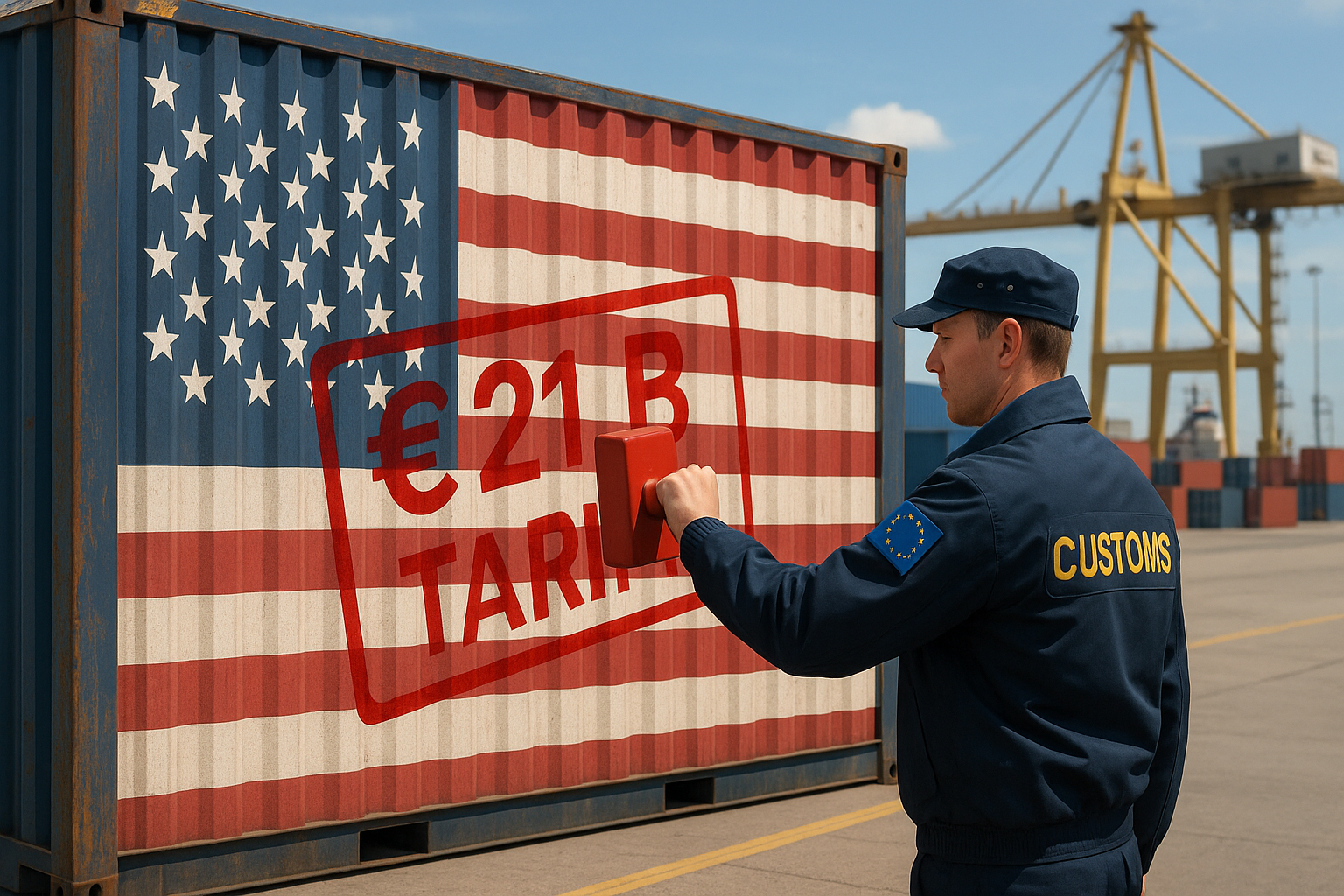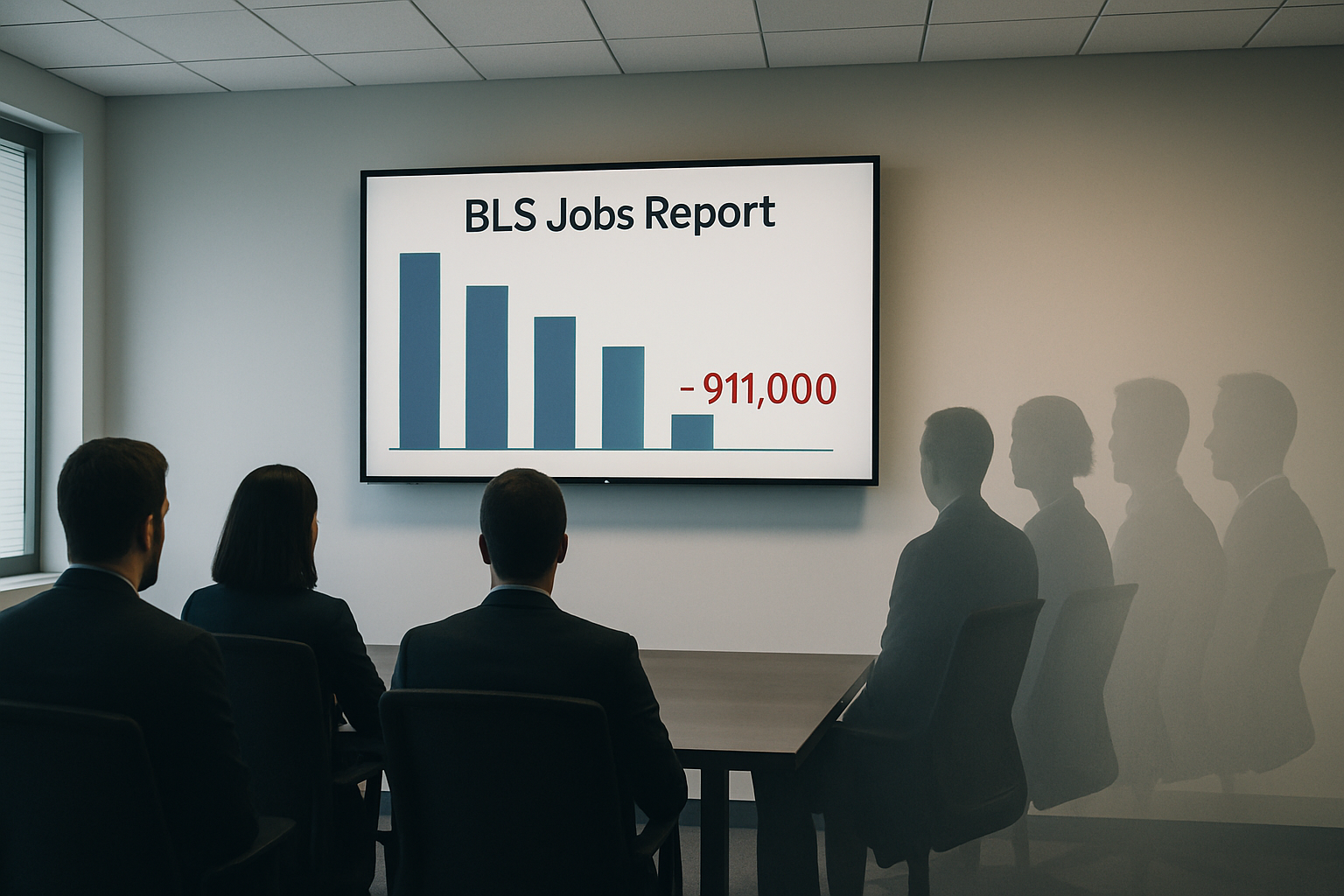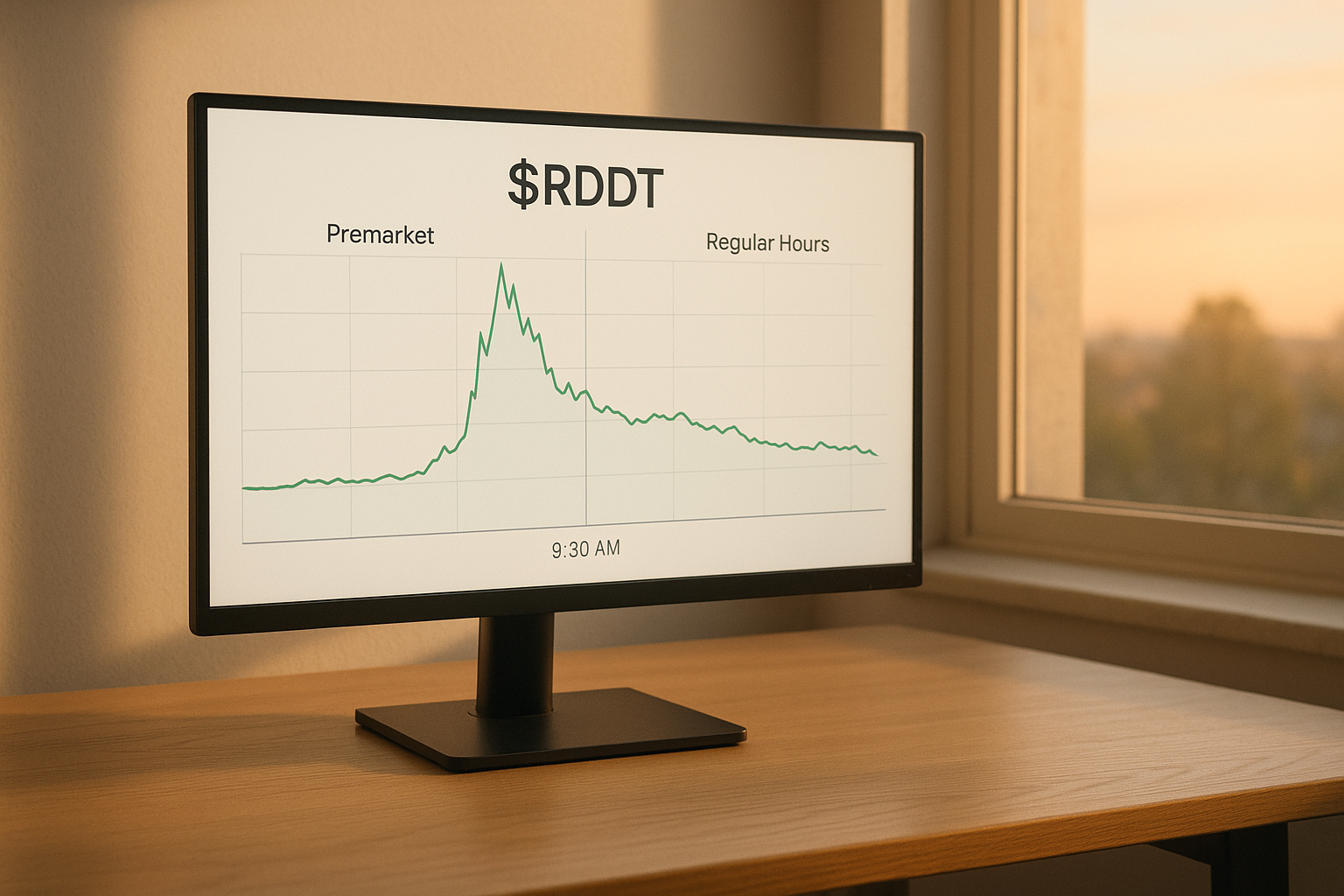The European Union is apparently fed up with what it perceives as unfair trade practices and is ready to hit back—hard. According to Italy's foreign minister, EU officials are assembling a hefty 21-billion-euro tariff list targeting American goods, a move that would dramatically escalate the already tense trade relationship between the transatlantic allies.
This isn't just routine saber-rattling from Brussels. It's a calculated economic counter-punch.
The EU has always been methodical in its approach to, well, everything. But especially trade disputes. They're not just throwing together a hasty list of random products to tax. No, they're carefully selecting targets that will maximize political pressure while minimizing self-inflicted economic damage. It's economic chess, not checkers.
I've been covering EU-US trade relations since the Boeing-Airbus subsidy battles, and this feels different. The sheer size of the proposed tariff package—21 billion euros!—suggests a level of frustration that's been building for years.
The timing here is fascinating. With America headed into a presidential election where economic issues will be front and center, the EU's move feels particularly pointed. Brussels knows that Washington is especially vulnerable to economic pressure right now. Any administration—regardless of political affiliation—would think twice before allowing major tariffs to hit American businesses just months before voters head to the polls.
"We've been planning for this scenario for months," a procurement director at a large American consumer goods manufacturer told me last week. "But honestly, the scope of what they're talking about now is beyond what we had in our contingency plans." He sighed before adding, "This is getting expensive even before the first tariff is actually implemented."
That's the thing about trade wars that never shows up in the official economic data—the massive diversion of corporate resources toward planning for scenarios that may never materialize. How do you quantify the opportunity cost of executives spending their time on tariff mitigation instead of innovation?
Look, trade tensions between the US and Europe aren't exactly new. Remember the banana wars? (Yes, there was actually a trade dispute over bananas in the 1990s. I'm not making this up.) Or the decades-long fight over beef hormones? The transatlantic economic relationship has always had its rough patches.
But context matters here. Today's tensions are playing out against a backdrop of fragmenting globalization, where supply chains are being rewired and economic security often trumps efficiency. The old rules-based trading system is showing cracks, and major powers seem increasingly willing to use economic tools to achieve strategic objectives.
I spent time in Brussels last month talking with EU trade officials—on background, of course—and what struck me was their sense that the traditional diplomatic channels just weren't producing results anymore. "Sometimes you need to speak a language the other side understands," one senior official told me between sips of surprisingly good office coffee.
For markets, this development adds yet another layer of uncertainty. The euro-dollar exchange rate will likely see some jitters. European luxury exporters—think French wines and Italian handbags—will be nervously watching for signs of American counter-tariffs. And multinational corporations? They're probably already calling emergency strategy meetings.
Here's what's easy to forget: trade disputes are rarely just about trade. They're about leverage, broader geopolitical positioning, and (let's be honest) sometimes just domestic politics dressed up as international economics.
The trillion-euro question now is whether these tariffs will actually materialize or if they're mainly a negotiating tactic designed to bring American officials back to the bargaining table with more flexible positions. My guess—and it's just that, a guess—is that we'll see negotiations intensify before the full package gets implemented.
But in today's unpredictable geopolitical environment? All bets are off.




